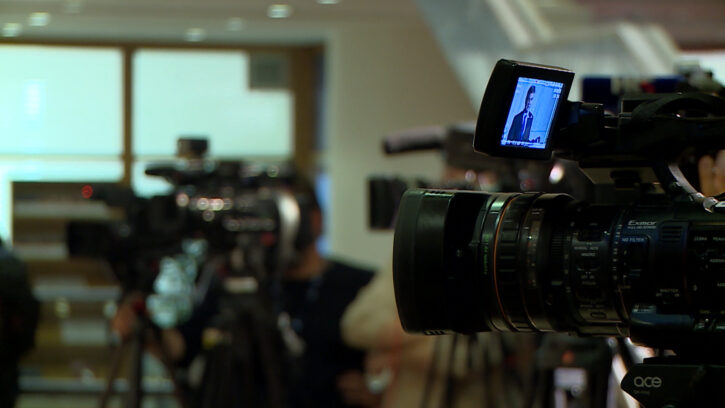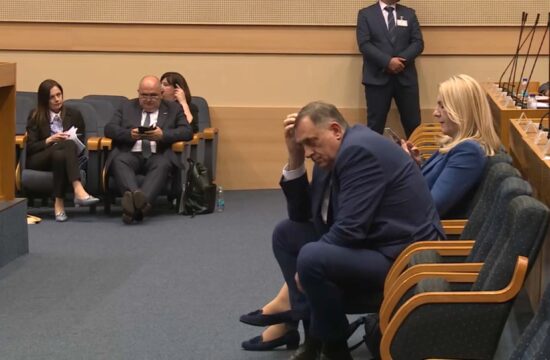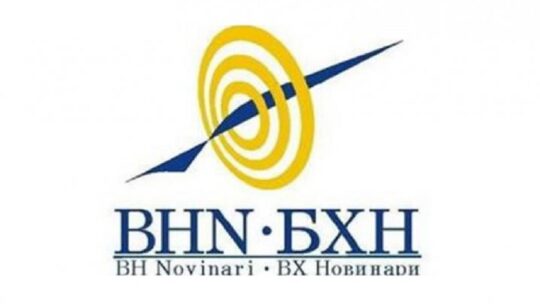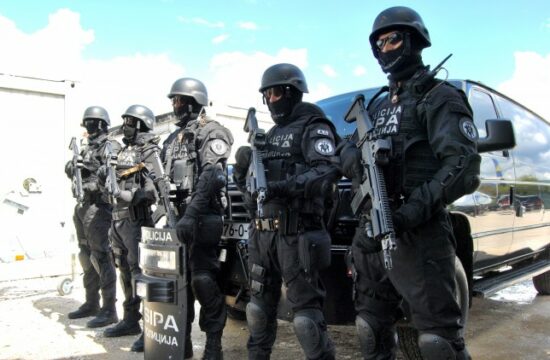
Bosnia and Herzegovina has slightly improved its press freedom status and is now ranking 58th in the 2020 World Press Freedom Index measured by Reporters Without Borders (RSF - Reporters Sans Frontiers).
But, despite the improvement by five positions up on the list, the NGO still point at the same problems in Bosnia's media landscape, reiterating that “polarised political climate, marked by verbal attacks and nationalist rhetoric, has created a hostile environment for press freedom.”
“Editorial policies reflecting ethnic divisions and hate speech are ever more evident. Journalists are attacked for their ethnic origins as well as what they write. Defamation suits by politicians often serve to intimidate journalists and deter them from pursuing their work,” reads the report.
“The instrumentalisation of the media for political purposes continues, and this is increasingly evident in the case of public service broadcasters. While investigative journalists have brought several significant scandals to light in recent months – allegations of corruption involving top court officials, issuing fake high school diplomas, reports of attempts by neighbouring Croatia to portray Bosnia-Herzegovina as a terrorist hub – but the State Prosecution did little to tackle the problems,” it added.
“Media ownership concentration is a source of concern, especially as ownership is not transparent. Employment conditions for journalists are precarious: they are hired on short contracts and are paid little,” the report said.
The worst-ranked country in the region is Serbia, which slipped by three positions down and is now 93rd country in the world in press freedoms.
While it paid no particular attention to specific cases in Bosnia, the report does, however, mention that “many abuses directed against reporters in the Balkans went unpunished” and that in Serbia “those who set fire to the house of the investigative journalist Milan Jovanovic have yet to be convicted in court.”
Croatia also improved and is now ranked 59th, while Slovenia was assessed as the best in the region, ranking 32nd.
According to the report, Europe continues to be the most favourable continent for media freedom, despite oppressive policies in certain European Union and Balkan countries.
It is followed by the Americas – North, Central and South – even if the regional heavyweights, the United States and Brazil, are becoming models of hostility towards the media. Africa, which is third, has also suffered major reversals, above all in the forms of prolonged arbitrary detention and online attacks.




